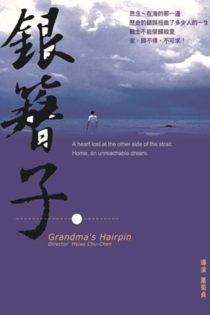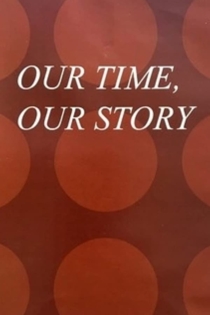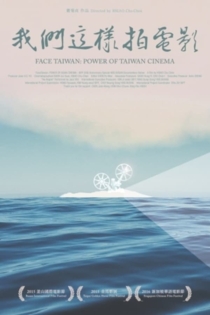
Hsiao Chu-chen
2021銀簪子
Hsiao Chu-chen
In 1949, the KMT government retreated from Mainland China to Taiwan, bringing along an army of 600,000 people. The director’s father was one of them. They thought they would be returning to the Mainland before long but ended up waiting for forty years. A hairpin belonging to the director’s grandmother allows her to walk into her father’s world, and to discover the memories of these old veterans.
Grandma's Hairpin

白鴿計劃:台灣新電影二十年
Hsiao Chu-chen
Sylvia Chang, Hou Hsiao-hsien
Richly illustrated with film clips and interviews, OUR TIME, OUR STORY tells the still-evolving story of the Taiwanese "new wave," from its rise in the early 1980s, as the island was democratizing after decades under martial law, through growing international recognition and domestic debate in the 1990s. Spearheaded in its early years by such filmmakers as Edward Yang, Ko I-cheng, Hou Hsiao-hsien and Wan Jen, the movement revitalized Taiwan cinema through low-budget experiments that emphasized personal stories, political reflection and stylistic invention. Said filmmakers, writers and actors like Wu Nien-jen and Sylvia Chang, even "second wave" directors Tsai Ming-liang and Lin Cheng-sheng provide fond reminiscences and retrospective insights in this compelling account of one of the most distinctive national cinemas of the last quarter-century.
Our Time, Our Story

我們這樣拍電影
Hsiao Chu-chen
30 years after the Taiwanese New Wave first emerged, the veterans such as Hou Hsiao-hsien and Tsai Ming-liang remain active in their careers. Ten of Edward Yang's former assistants have become directors. The filmmakers of the younger generation are facing a Taiwanese audience hungry for films that link them with Taiwanese society, whether they are fictional or not.
Face Taiwan
